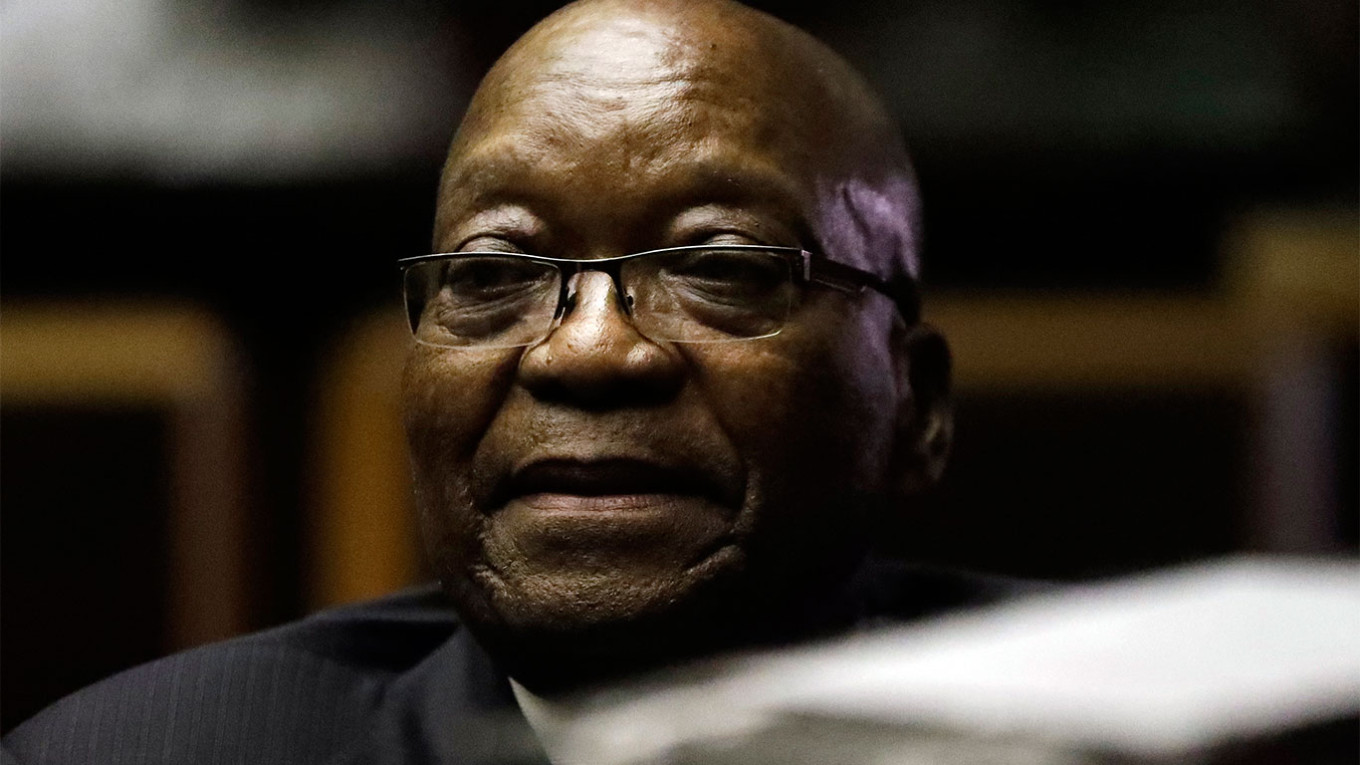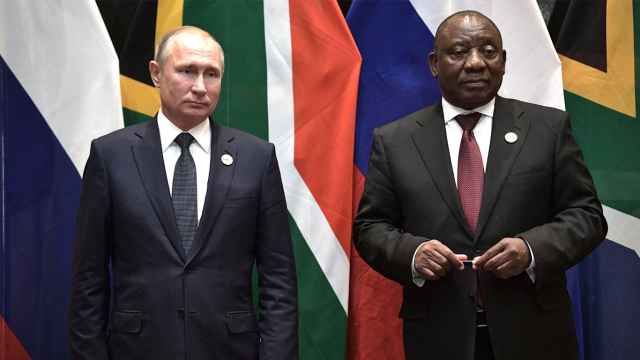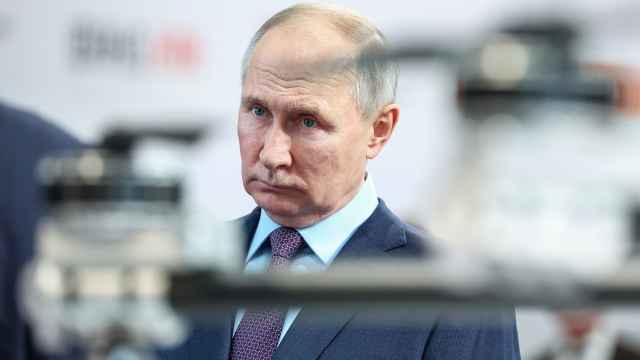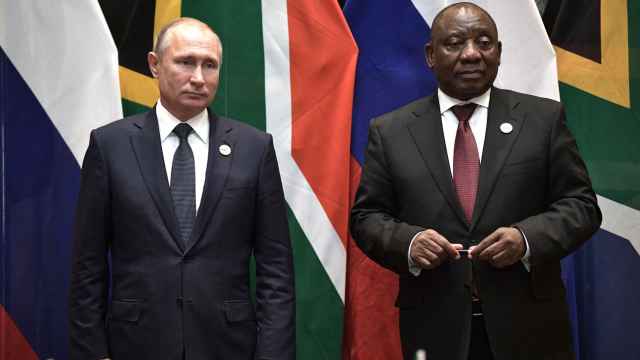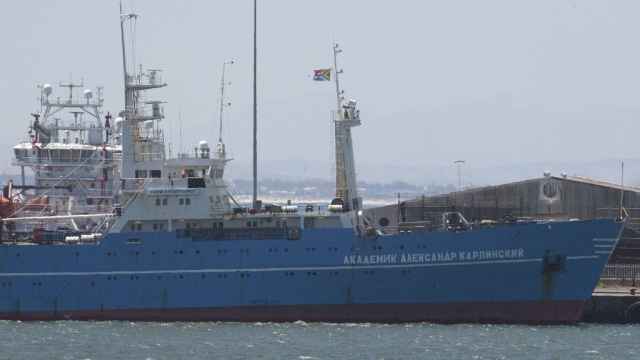South Africa's graft-tainted ex-leader Jacob Zuma is receiving medical treatment in Russia, his spokesman said Friday, a day after the country's highest court upheld a ruling that he should return to prison.
"Zuma traveled to Russia last week for health reasons," the 81-year-old's spokesman Mzwanele Manyi said in a statement.
Manyi added that the trip "was private, it was not a secret," after the information was published by local media.
"He will be returning to the country once his doctors have completed their treatment," Manyi said.
On Thursday, the constitutional court upheld a ruling that Zuma should return to prison to complete a 15-month term for contempt of court, dismissing an appeal seeking to keep him out of jail.
However, it was not immediately clear whether he would return to custody. Prison authorities said they were studying the judgment and would seek legal advice.
Zuma served as president from 2009-2018 before being forced out by graft scandals.
He was sentenced in June 2021 after refusing to testify before a panel probing financial sleaze and cronyism under his tenure. He was then freed on medical parole just two months into his term, a decision that was overturned and has now been confirmed.
He faces separate charges of corruption in an arms procurement scandal dating to the late 1990s, when he was vice president.
The former head of state last week attended a conference on carbon credits in Zimbabwe, where he announced a donation of seven million credits for the country's new market, on behalf of a Belarusian company.
Belarus is a Russian ally that is often described as Europe's last dictatorship — the leaderships of both nations are targeted by Western actions.
Zuma is one of the generation of anti-apartheid fighters whose cause was supported by the Soviet Union and who retain political or personal links with Moscow.
A Message from The Moscow Times:
Dear readers,
We are facing unprecedented challenges. Russia's Prosecutor General's Office has designated The Moscow Times as an "undesirable" organization, criminalizing our work and putting our staff at risk of prosecution. This follows our earlier unjust labeling as a "foreign agent."
These actions are direct attempts to silence independent journalism in Russia. The authorities claim our work "discredits the decisions of the Russian leadership." We see things differently: we strive to provide accurate, unbiased reporting on Russia.
We, the journalists of The Moscow Times, refuse to be silenced. But to continue our work, we need your help.
Your support, no matter how small, makes a world of difference. If you can, please support us monthly starting from just $2. It's quick to set up, and every contribution makes a significant impact.
By supporting The Moscow Times, you're defending open, independent journalism in the face of repression. Thank you for standing with us.
Remind me later.


